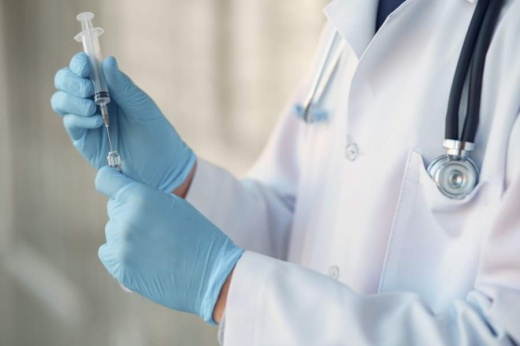Support projects to develop affordable diagnostic tools, seals to maximize the efficiency of surgical masks, a system to identify signs of the coronavirus that causes COVID-19 in Houston wastewater and methods to ensure voter safety this fall are the first projects to be backed by Rice University’s COVID-19 Research Fund, the university announced April 20 in a news release.
The fund’s Oversight and Review Committee approved the projects, though the application window remains open ended, so additional awards will be announced in the coming weeks, according to the release.
The fund was established to be a flexible way to back projects in biomedicine, engineering, social sciences, humanities and other fields intended to help end the pandemic and prepare for similar outbreaks in the future, according to the university’s webpage.
So far, Rice University has supplied $500,000 toward the fund and is still seeking donations to reach a goal of $1 million, made through online donations.
Submissions are reviewed based on scientific merit, societal impact and responsiveness to COVID-19, pandemic preparedness, and the potential for sustaining the research through extramural funding, according to the university.
The specific projects greenlit in the first round of approvals are as follows:
-
Rebecca Richards-Kortum and Kathryn Kundrod of Rice and Kathleen Schmeler of the University of Texas MD Anderson Cancer Center propose the development of a low-cost diagnostic tool to detect the SARS-CoV-2 virus that causes COVID-19 in less than an hour.
-
Jacob Robinson and Caleb Kemere of Rice and Dr. Sahil Kapur of MD Anderson are working on a low-cost, easily manufactured rubber harness that can be worn over surgical or cloth masks to seal these masks against the face to reduce exposure to small, airborne particles that may contain active viruses.
-
Lauren Stadler, Katherine Ensor and Loren Hopkins of Rice, in collaboration with the Houston Health Department and Houston Water, plan to collect wastewater samples from local treatment plants to monitor for the presence of SARS-CoV-2.
-
Robert Stein, Philip Kortum, Claudia Ziegler Acemyan, Daniel Wallach and Elizabeth Vann, all of Rice, plan to ask voters and poll workers to identify steps Harris County can take to make voting in person this November safe in case of a continued threat from the coronavirus.





